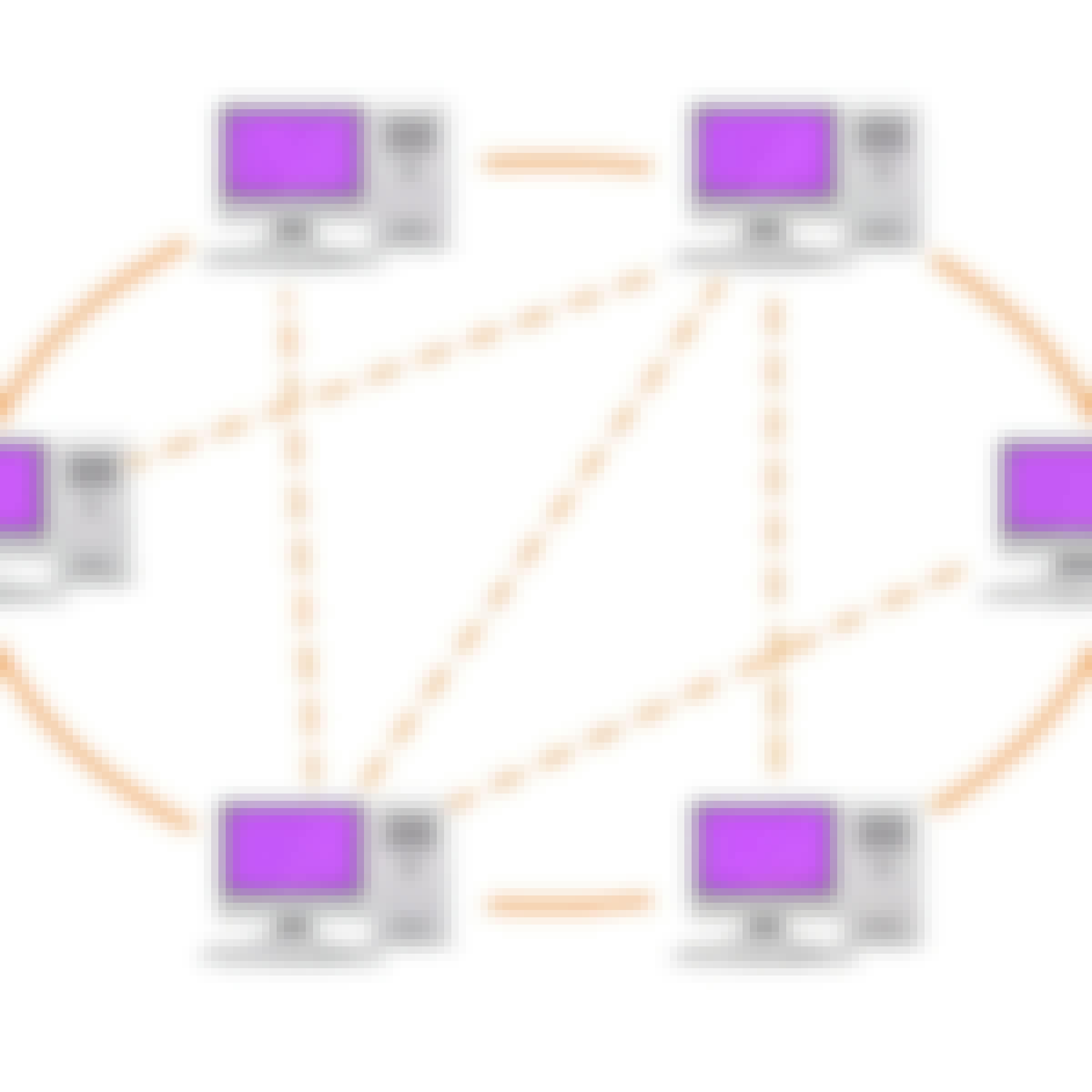Filter by
SubjectRequired
LanguageRequired
The language used throughout the course, in both instruction and assessments.
Learning ProductRequired
LevelRequired
DurationRequired
SkillsRequired
SubtitlesRequired
EducatorRequired
Explore the Database Administration Course Catalog
 Status: Free Trial
Status: Free TrialSkills you'll gain: Django (Web Framework), Performance Tuning, Postman API Platform, Restful API, Application Programming Interface (API), Data Validation, Authentications, React.js, Authorization (Computing), Secure Coding, PostgreSQL, Object-Relational Mapping, API Design, Model View Controller, Scalability, Application Frameworks, JSON, Full-Stack Web Development, Development Testing, Web Development

Skills you'll gain: Microsoft SQL Servers, SQL, Database Design, Database Management, Stored Procedure, Relational Databases, Database Architecture and Administration, Query Languages, Data Integrity, Data Manipulation, Scripting, Authentications, User Accounts
 Status: Free Trial
Status: Free TrialSkills you'll gain: Network Routing, Network Security, TCP/IP, Firewall, Google Cloud Platform, Network Administration, Virtual Private Networks (VPN), Cloud Management, Cloud Services, Network Protocols
 Status: Free Trial
Status: Free TrialJohns Hopkins University
Skills you'll gain: Clinical Data Management, Data Quality, Quality Assurance, Clinical Trials, Data Cleansing, Data Integrity, Data Governance, Microsoft Excel, Data Compilation, Data Collection, Data Sharing, Data Security, Patient Treatment
 Status: Free Trial
Status: Free TrialSkills you'll gain: Full-Stack Web Development, CI/CD, Kubernetes, Application Deployment, Application Development, Front-End Web Development, Restful API, Software Architecture, Microservices, Web Applications, Containerization, Serverless Computing, Cloud Applications, HTML and CSS, Back-End Web Development, Docker (Software), Node.JS, User Accounts, IBM Cloud, React.js
 Status: Free Trial
Status: Free TrialJohns Hopkins University
Skills you'll gain: Advocacy, Health Systems, Health Policy, Health Care Administration, Community Health, Policy Development, Primary Care, Health Care, Public Health, Systems Thinking, Community Development, Policy Analysis, Governance, Education and Training
 Status: Free Trial
Status: Free TrialUniversity of Colorado System
Skills you'll gain: Local Area Networks, Network Protocols, Computer Networking, Network Architecture, TCP/IP, Network Performance Management, Wireless Networks, Telecommunications, Data Integrity
 Status: Free Trial
Status: Free TrialSkillUp EdTech
Skills you'll gain: Data Security, Data Governance, Data Architecture, Data Quality, Personally Identifiable Information, Incident Response, Security Controls, Security Strategy, Threat Management, Threat Detection, Risk Management, Compliance Management, Encryption, Data Integrity, Risk Analysis

Board Infinity
Skills you'll gain: Model View Controller, Restful API, Secure Coding, Application Deployment, PHP (Scripting Language), Web Development, Database Development, Database Management, Application Security, Application Development, Web Applications, Application Frameworks, Authentications, Middleware
 Status: Free Trial
Status: Free TrialJohns Hopkins University
Skills you'll gain: Health Informatics, Change Management, Vendor Management, Process Improvement, Workflow Management, Health Care Administration, Clinical Leadership, Organizational Change, IT Management, Health Systems, Project Management, Business Transformation, Leadership and Management, Governance, Strategic Leadership, Organizational Development, Decision Support Systems, Return On Investment, Procurement

École Polytechnique
Skills you'll gain: Research Methodologies, Research, Document Management, Legal Research, Record Keeping, Data Collection, Investigation, Databases, Intellectual Property

Tally Education and Distribution Services Private Limited
Skills you'll gain: Payroll, Payroll Systems, Payroll Administration, Payroll Processing, Payroll Reporting, Income Tax, Human Resources Software, Compensation Management, Tax Compliance, Tax Laws
Database Administration learners also search
In summary, here are 10 of our most popular database administration courses
- Advanced Django: Mastering Django and Django Rest Framework: Codio
- Microsoft SQL Server Development for Everyone: Packt
- Networking in Google Cloud: Routing and Addressing: Google Cloud
- Clinical Trials Data Management and Quality Assurance: Johns Hopkins University
- Full Stack Application Development Capstone Project: IBM
- Understanding and Strengthening Health Systems: Johns Hopkins University
- Peer-to-Peer Protocols and Local Area Networks: University of Colorado System
- Data Privacy, Security, Governance, Risk and Compliance: SkillUp EdTech
- Mastering Laravel Framework and PHP: Board Infinity
- Leading Change in Health Informatics: Johns Hopkins University










